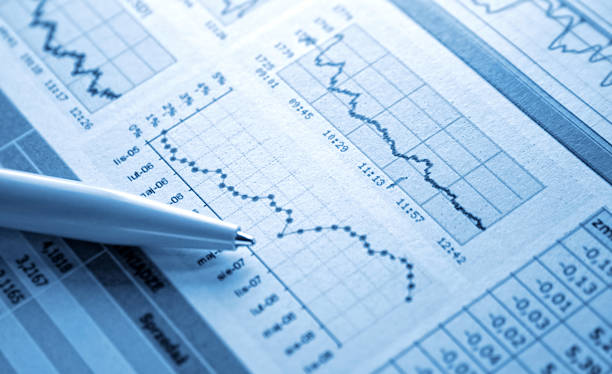Navigating the Future of Global Economic Dynamics
The Shifting Balance of Economic Power
The global economic landscape is in a state of rapid evolution. Emerging markets, once merely a footnote in the global economy, have now become pivotal players. As countries like China and India continue to grow at an exponential rate, they are reshaping the world’s economic power structures. This shift has significant implications for international trade, investment flows, and geopolitical dynamics. As western economies face slower growth, the balance of economic power is tipping towards these vibrant and dynamic markets, prompting a reevaluation of traditional economic alliances.

As countries like India rise in prominence, businesses worldwide are compelled to navigate these new terrains carefully. It’s not just about understanding the economic figures, but also about grasping the cultural and social nuances that accompany such shifts. Take, for example, the rise of digital platforms in India. Companies like 1win India are not just expanding their market presence locally but are also influencing how global digital markets operate. This phenomenon highlights the growing interconnectedness of global economies, where a trend in one part of the world can have far-reaching impacts across the globe.
Technological Innovation and Economic Growth
The role of technological innovation in propelling economic growth cannot be overstated. As we stand on the brink of a new industrial revolution driven by advancements in AI, renewable energy, and digital connectivity, economies that harness these technologies effectively will undoubtedly surge forward. This not only boosts productivity but also opens new markets and spawns new industries. To remain competitive, countries must invest in research and development and create environments that nurture innovation. Failure to do so may result in being left behind in the global race for economic supremacy.
In the coming years, the relationship between technology and economics will likely become even more pronounced. Technologies like blockchain and the Internet of Things (IoT) offer transformative potential for sectors ranging from finance to agriculture. As these technologies mature, they will redefine supply chains, reshape consumer behaviors, and create unprecedented opportunities for growth and development. Countries and companies that can effectively integrate these technologies into their operations will lead the charge in defining the economic future.
Sustainable Development and Economic Stability
In the quest for economic growth, ensuring sustainability has emerged as a priority for nations across the globe. The traditional growth model, reliant on fossil fuels and unchecked exploitation of natural resources, is no longer viable in the face of climate change and environmental degradation. Sustainable development is becoming a non-negotiable component of economic planning, prompting businesses and governments alike to rethink their strategies. This shift towards sustainability is not only a moral imperative but also makes economic sense, as it fosters resilience, efficiencies, and long-term stability.
The integration of sustainable practices into the core economic strategies of nations will likely dictate their success in the coming years. Green technologies and renewable energy sources are becoming central to economic planning, creating new job opportunities and driving innovation. Moreover, as consumers become increasingly eco-conscious, businesses that embrace sustainability will enjoy a competitive edge and greater brand loyalty, paving the way for enduring economic success.
Exploring 1win India: A Case Study in Global Economic Dynamics
1win India serves as a compelling case study for understanding the broader trends in global economic dynamics. As an emerging player in the digital space, it exemplifies how companies can leverage local insights and technological advancements to compete on a global scale. By tailoring their offerings to meet the specific needs of the Indian market, while maintaining a vision of global expansion, 1win India highlights the importance of adaptability and cultural understanding in today’s interconnected world.

The story of 1win India underscores the critical role of digital platforms in shaping economic futures. By capturing the growing online consumer base, especially in rapidly digitizing regions like India, such companies are not only contributing to their own growth but also influencing how digital markets evolve globally. Their success illustrates the potential for businesses to impact economic trajectories by embracing technological innovation and strategic positioning within high-growth markets.